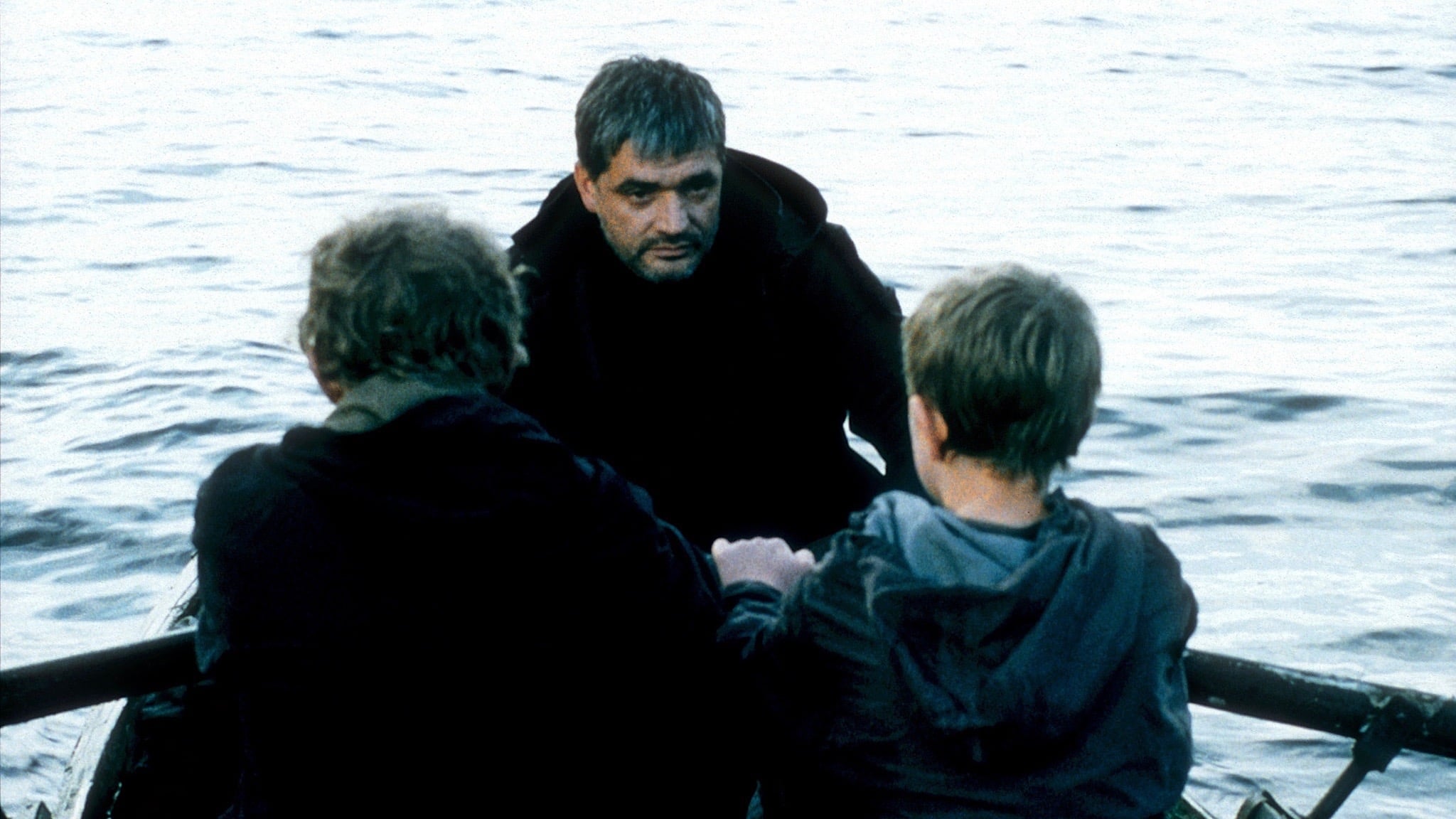movingstarvoices.org – “The Return” (2003), directed by Andrey Zvyagintsev, is a striking Russian drama that has captivated audiences with its emotional depth and compelling narrative. The film marks Zvyagintsev’s directorial debut, earning critical acclaim and numerous awards, including the prestigious Golden Lion at the Venice Film Festival. With its haunting atmosphere and profound themes, “The Return” is a powerful exploration of family dynamics, trust, and the search for identity.
Plot Synopsis and Characters
The film tells the story of two brothers, Andrei and Ivan, whose lives are turned upside down when their father returns after a mysterious 12-year absence. The father, whose motives and intentions remain ambiguous, takes the boys on a journey to a remote and desolate island. As the trip unfolds, a tense and complex relationship develops between the brothers and their enigmatic father.
Themes and Symbolism
At its core, “The Return” is a study of the father-son relationship and the impact of absence and authority on familial bonds. The film delves into themes of trust, fear, and the yearning for parental approval. The father’s return forces the brothers to confront their feelings of abandonment and resentment, as well as their desire for connection and understanding.
The journey to the island serves as a metaphor for the emotional and psychological journey the characters undergo. The stark, unforgiving landscape reflects the inner turmoil of the brothers as they grapple with their father’s presence and their own evolving identities. Water, a recurring motif throughout the film, symbolizes both the unknown and the subconscious, highlighting the fluidity and uncertainty of their relationships.
Visual and Aesthetic Excellence
“The Return” is renowned for its stunning cinematography, crafted by Mikhail Krichman. The film’s visual style, characterized by its use of natural light and expansive landscapes, creates a haunting and immersive atmosphere. The deliberate pacing and carefully composed shots draw viewers into the world of the characters, enhancing the emotional intensity of the narrative.
Cultural and Critical Reception
Upon its release, “The Return” received widespread acclaim for its storytelling and artistic vision. Critics praised Zvyagintsev for his ability to convey complex emotions and themes with subtlety and nuance. The film’s universal themes and striking visuals have resonated with audiences worldwide, establishing it as a significant work in contemporary cinema.
Conclusion
“The Return” is a profound exploration of human relationships and the complexities of family life. Andrey Zvyagintsev’s masterful direction, combined with powerful performances and breathtaking visuals, makes the film an unforgettable experience. Its exploration of trust, authority, and identity continues to provoke thought and discussion, solidifying its place as a modern cinematic masterpiece. As viewers journey alongside Andrei and Ivan, they are invited to reflect on their own relationships and the enduring quest for understanding and connection.
